Doesn't Mulch Offer Protection for Pests?
Miss_Mudcat
18 years ago
Related Stories
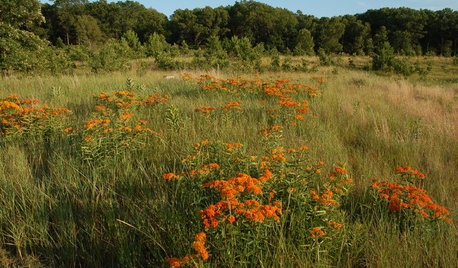
GARDENING GUIDESThe Art of Green Mulch
You can design a natural garden that doesn’t rely on covering your soil with wood and bark mulch
Full Story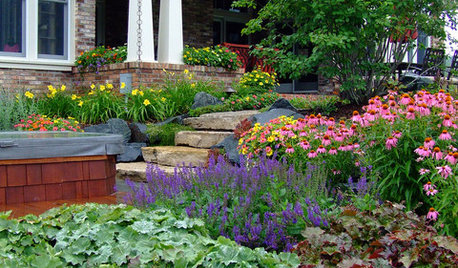
INSIDE HOUZZInside Houzz: New Data Offer Insights on Landscaping Trends
Homeowners are looking to manage water and add more enjoyment to their landscapes, according to a new Houzz survey
Full Story
GARDENING GUIDESHow to Pick a Mulch — and Why Your Soil Wants It
There's more to topdressing than shredded wood. Learn about mulch types, costs and design considerations here
Full Story
REMODELING GUIDES5 Ways to Protect Yourself When Buying a Fixer-Upper
Hidden hazards can derail your dream of scoring a great deal. Before you plunk down any cash, sit down with this
Full Story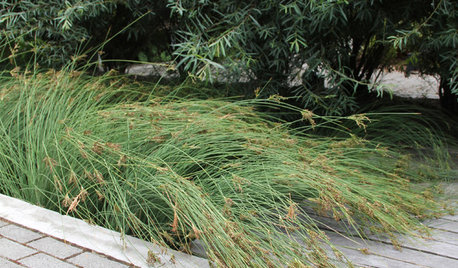
GARDENING GUIDESProtect a Precious Resource With a Rain Garden
Promote pure water and a beautiful landscape with a garden design that makes the most of the rain
Full Story
ENTRYWAYSGlass Doors That Welcome — and Protect Your Privacy Too
These front-door designs let in the light but keep your air-guitar performances safely in-house
Full Story
GARDENING AND LANDSCAPINGCreate Nests: Treat Yourself to a Protected Walkway
Turn a garden path into an exploration of inviting nooks and beautiful views
Full Story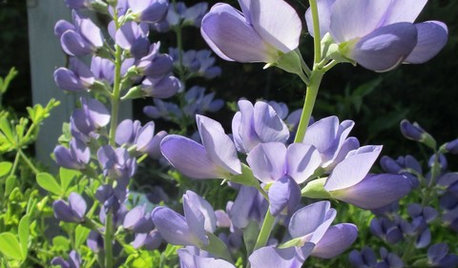
GARDENING GUIDESGreat Design Plant: Dwarf Blue Indigo Offers Carefree Beauty
Drought tolerant and a bumblebee magnet, spiky Baptisia australis may be the easiest plant you ever grow
Full Story
REMODELING GUIDESHow to Protect (Even Enhance!) Your Relationship While Renovating
No home improvement project is worth a broken heart. Keep your togetherness during a remodel with this wise advice
Full Story
KITCHEN DESIGNKitchen Sinks: Granite Composite Offers Superior Durability
It beats out quartz composite for strength and scratch resistance. Could this kitchen sink material be right for you?
Full StoryMore Discussions






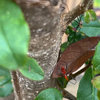

mountain_curmudgeon
organica
Related Professionals
Camas Landscape Architects & Landscape Designers · Erie Landscape Architects & Landscape Designers · Middle River Landscape Architects & Landscape Designers · West Chester Landscape Architects & Landscape Designers · Athens Landscape Contractors · Azalea Park Landscape Contractors · Brookline Landscape Contractors · Cockeysville Landscape Contractors · East Hanover Landscape Contractors · Mastic Beach Landscape Contractors · Rockwall Landscape Contractors · Saint George Landscape Contractors · Honolulu Decks, Patios & Outdoor Enclosures · Lakewood Decks, Patios & Outdoor Enclosures · Woodstock Decks, Patios & Outdoor Enclosuresmountain_curmudgeon
peter_6
organica
Kimmsr
catherine_nm
byron
mountain_curmudgeon
Kimmsr
peterpanscarlet
dchall_san_antonio
harry123789
organicguy
Kimmsr
organicguy
Kimmsr
organicguy
Kimmsr
paulns
organicguy
Kimmsr
organicguy
Kimmsr
organicguy